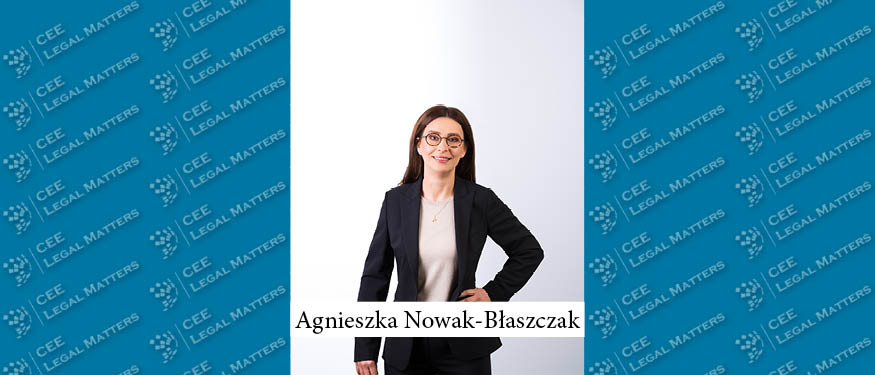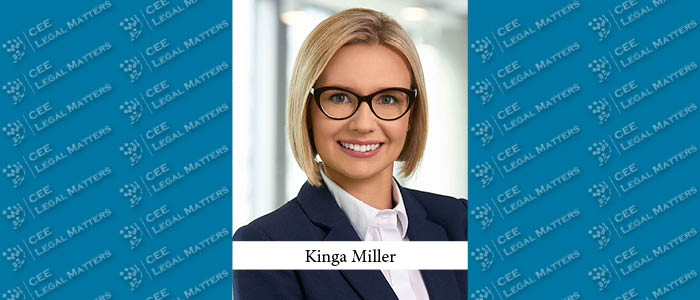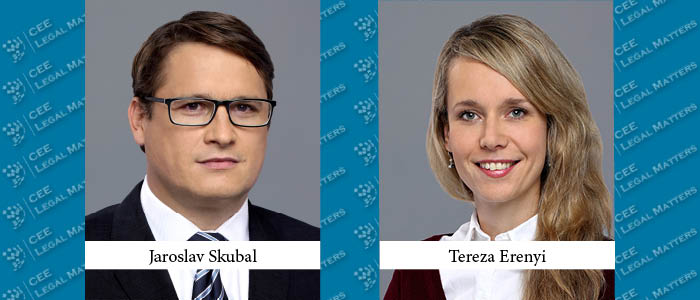At the II National Regulators Conference it was announced that the Digital Citizenship programme to be launched between July and September 2024 and the necessary legislation to be submitted to the Parliament in November 2023. With this step the Hungarian Government follows the trend, where citizens are dealing at an increasing rate with administrative cases on their mobile phones.
Extended Scope of the Law on Electronic Media
The new Law on Electronic Media (“the Law“) has been published in the Official Gazette of the Republic of Serbia, no. 92/2023, and came into effect on November 4, 2023.
Employers with 50-249 Employees Must Implement a Whistleblowing System by 15 December 2023
In June 2023, the Czech Republic adopted the Whistleblower Protection Act implementing the relevant EU Directive with a two-year delay. The law came into force on 1 August 2023.
The New Hungarian Architecture Act Arrives
There is a bill on the new Hungarian Architecture Act, which would replace the acts on Engineers and Professional Chambers, on the Shaping and Protection of the Built Environment and on the Protection of Townscape, and will consolidate their provisions in a modernised and clear code.
Growing Uncertainty: Observations within the M&A Market
Is the M&A market facing a further slowdown due to the macroeconomic situation? Or, following the recent parliamentary elections in Poland, will the market quickly rebound after a brief pause and continue to experience the best economic period in modern history? Can we expect more records to be broken? The truth may lie somewhere in the middle, as there is no shortage of challenges lying in wait for the economy.
Prohibition of Parallel Employment
In connection with the implementation of Directive 2019/1152 on transparent and predictable working conditions in the European Union, a principle has been introduced into the Polish Labor Code, according to which an employer may not prohibit an employee from parallel employment with another entity. The Polish legislator has established a strict ban on parallel employment with very few exceptions, which is widely criticized by employers.
Navigating the Impact of the European Union’s Foreign Subsidies Regulation in Poland
Poland’s dynamic business landscape is about to transform as it adapts to the European Union’s Foreign Subsidies Regulation dated December 14, 2022 (FSR), which partially came into effect on July 12, 2023. This regulation aims to level the playing field for companies operating in the EU market by scrutinizing financial support from non-EU countries.
Polish Competition Authority Punishes Non-Compliant Influencers and Looks for Greenwashing
The Polish Competition and Consumer Protection Office (UOKiK) has devoted the last two years to the very important issue of influencers and their online advertising activities. Recent years have seen a significant development of influencer marketing not only in Poland but on a global scale. Across the world, companies and advertising agencies have noticed the growing popularity of celebrity accounts on Facebook or Instagram, and have strategically used them as a new channel to promote products or services.
Logistics Legal Overview Poland
In the realm of logistics contracts, Polish law does not provide a standardized blueprint. Instead, these contracts are multifaceted, drawing from various specific types and broader civil law principles. This makes it essential to keep an eye on the nuances.
The Buy Now, Pay Later Boom in Poland and its Regulatory Aspects
Due to technological progress and the effects of the COVID-19 pandemic, consumers have increasingly turned to online shopping. This was accompanied by the rapid development of new methods of short-term financing, such as Buy Now, Pay Later (BNPL) services, which allow customers to pay for purchases at a later date than the date of receipt. In Poland, financing is interest-free for a certain period, generally 30 days, after which interest charges apply.
New Rules Concerning Interim Relief in Intellectual Property Cases: Advancement or Unnecessary Obstacle?
The latest amendments to the Polish Code of Civil Procedure regarding interim relief in intellectual property cases, among other matters, entered into force on July 1, 2023. Interim injunction proceedings are crucial when the parties wish to quickly prevent further infringement of their intellectual property rights and obtain protection for the duration of the main legal proceedings. The main purpose of these proceedings is essentially to secure claims, i.e., to obtain a ruling (order) in which the court will order the opposing party to act in a certain way or prohibit certain actions.
Moldova: Modernization of Moldovan Labor Law
Following its separation from the Soviet Union, the Republic of Moldova has pitched upon a rigid labor law system defined by overly protective conditions toward employees.
Czech Republic: Significant Amendments to the Czech Labor Code
On September 12, 2023, the Czech Parliament adopted an amendment to the Labor Code, which will become effective already from October 1, 2023 (unfortunately, employers will have very limited time to prepare for the new regulation). The main purpose of the amendment is to implement the European directives on the work-life balance of parents and carers (No. 2019/1158) and on transparent and predictable working conditions (No. 2019/1152) which were to be implemented by member states in August 2022. But there are further changes that should address problems in the daily operation of employers.
Poland: Increased Protection for Employees
On September 22, 2023, the amendment to the Polish Code of Civil Procedure entered into force that significantly reinforces the protection of employees who benefit from special protections against dissolution of employment. As a result, an employer can no longer dismiss a specially protected employee until a final judgment is passed, which can, due to lengthy court proceedings, take several years.
Hungary: Employee or Contractor – Effective Strategies to Avoid Misclassification
Under Hungarian private law, legal relationships aimed at performing various tasks on the basis of instructions are generally based on either employment contracts regulated by Act I of 2012 of the Labor Code (Labor Code) or services agreements governed by Act V of 2013 of the Civil Code.
Slovenia: What Changes Are on the Horizon for Labor Law?
For more than half a year, Slovenia has been intensively preparing amendments to the Employment Relationship Act (ZDR-1), which is usually called the “little workers’ constitution.” Like any other exemplary EU country, we transpose and implement all EU regulations and directives into our legal order in as timely and effective manner as possible. Unfortunately, this often does not solve the most acute problems of the labor market and the adopted legal solutions do not always help the economy to achieve higher productivity.
Bulgaria: Important Changes in Labor Legislation
In light of the constantly and rapidly changing world climate, there was a need for changes to provisions in labor law that have not been updated for years, namely on minimum wages and payment of salary.
Austria: ECJ and Austrian Supreme Court Strengthen Employee Rights for Annual Vacation
The statutory right to vacation originally arose from the employer’s duty of care for its employees. The Austrian Vacation Act of 1976 is a manifestation of this duty of care. It provides for five – with some seniority six – weeks of vacation for each working year. The law also expressly states that vacation should be used up, if possible, by the end of the year in which it was accrued. However, the employer and employee must agree on the specific leave days. In general, this means that neither the employee can take off for vacation unilaterally, nor can the employer impose it. Therefore, if there is no agreement on the actual use of vacation, this leads to an accumulation of vacation days.































